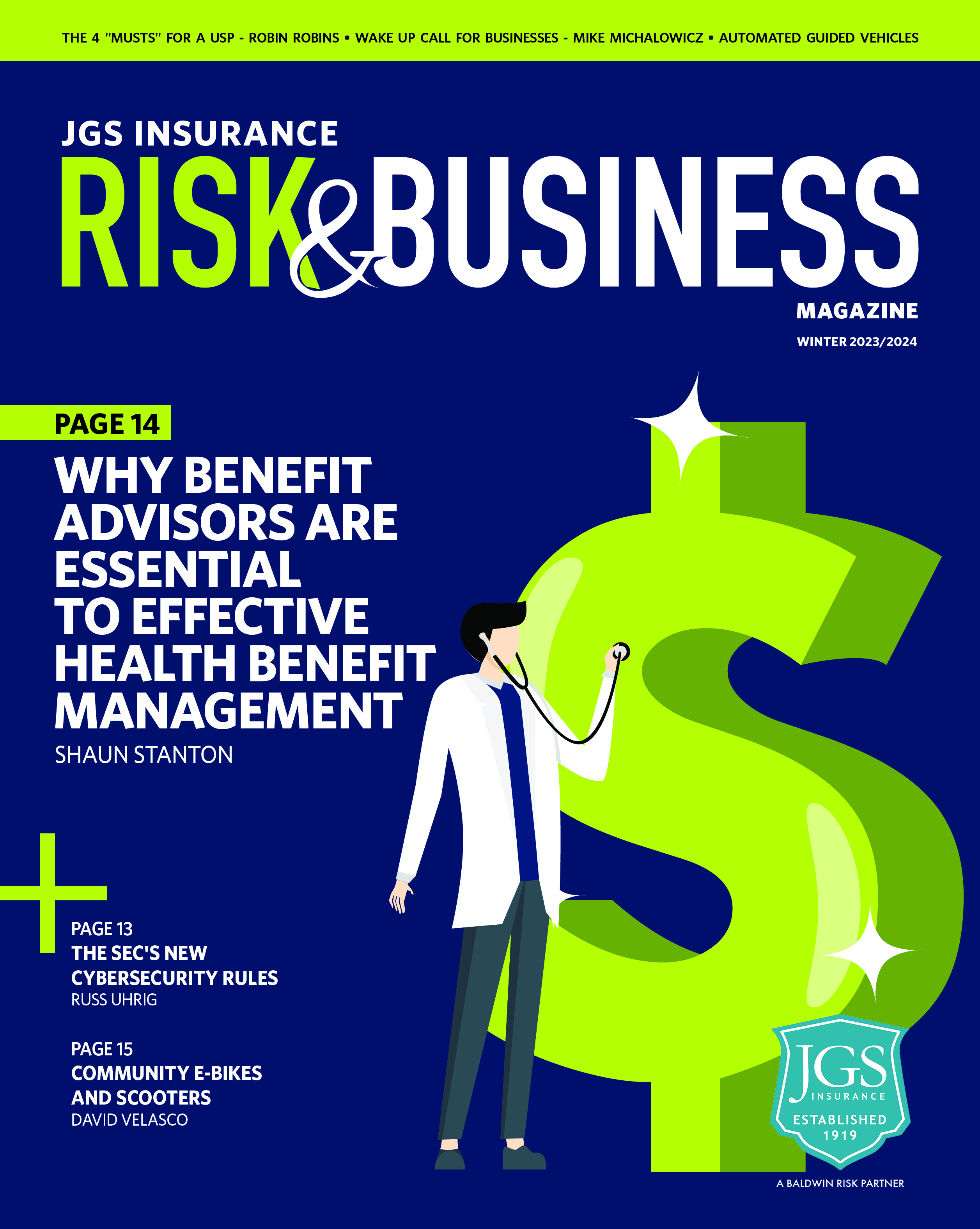By Ross Rutman, Marketing/Producer
Community association board meetings—(where important homeowner matters are discussed and decisions are made)—contribute to the success of community associations. Since board meetings result in significant decisions that impact community members, it is necessary to record these decisions in official board meeting minutes. These minutes serve as a historical record and provide pertinent information to the community. Recording accurate minutes can also prevent potential litigation risks for Association directors and officers.
What are board meeting minutes?
Board meeting minutes are a written record of the official actions taken by an Association’s Board of Directors during scheduled meetings. The minutes document the topics discussed and record the decisions voted on during these meetings. There are two sets of minutes: one for closed sessions (Board members only) and another for open sessions (those that include homeowners). The minutes can also serve as a reminder of what was previously discussed to avoid rehashing old business.
What is the purpose of board meeting minutes?
There are two main purposes of board meeting minutes:
- They inform members of decisions that impact their community association.
- They can serve as evidence in the case of a lawsuit against the Association.
For Board members, meeting minutes are valuable evidence that the Board made decisions in good faith and carried out its fiduciary duties to the Association.
What should be included in board meeting minutes?
Board meeting minutes should be easy to read and include only essential information. Most importantly, members should be able to understand what Board actions were taken and approved. At a minimum, the minutes should include the following:
- Name of the Association
- Date and time of the meeting as well as the location
- Names of all Board members, noted as present or absent
- Names of guests in attendance, including those invited to speak
- Whether or not a quorum was present
- All Board actions taken
- Signature of the Board secretary or other official qualified to sign
- Supporting documentation, if applicable
It is generally the Board secretary’s responsibility to record and certify the minutes. Keep in mind that all of the Board directors and officers may be held liable if the minutes are falsified or embellished. It is best for the person recording the minutes to be someone other than a Board member since focusing on the task of taking minutes could potentially take this member out of important discussions.
After the meeting, the open session minutes should be made available to all Association members, whether by mail, email, or posting the minutes in a common area or on a community website. A printed copy of the minutes should be kept in the Association’s Board minutes book. An electronic copy should also be retained.
What should not be included in the board meeting minutes?
Meeting minutes do not need to be a transcript; rather, they should be a summary of the meeting. Avoid recording the following:
- Names of homeowner members present
- Every conversation that took place, especially those that lead to unnecessary discussions
- Owner comments during the meeting, especially of a confidential or sensitive nature
Boards should discuss confidential or sensitive information, including delinquencies, in the closed session. Minutes that contain sensitive information should be kept separate from open session minutes.
Meeting minutes are a valuable communication tool and may be used as evidence during a lawsuit. Contact me today for additional resources to manage and protect your Association.
Back to Blog

